Eve and Mary were similar in a lot of ways. They were both created without sin. They were both daughters of covenants, under which they pledged obedience. They were both visited by a supernatural being.
It is easy to look at Eve and think that original sin and the fall were all her fault. After all, she is the one who listened to the serpent and took the bite of the forbidden fruit. She is the one who convinced Adam to try it, too. Curse her womanly wiles. However, we fail to realize that nowhere in Scripture does it say that the serpent cornered Eve alone. We tend to think that he lured her away somehow to get her away from Adam’s protection in order to tempt her. But if we look at the Genesis account, it actually reads, “She took some of its fruit and ate it; and she also gave some to her husband, who was with her, and he ate it.”
Therefore, we see that the serpent truly was the most cunning of all the creatures. He targeted Eve, and Adam was right there. Yet he did nothing to dissuade her or protect her vulnerability.
Which brings us to Mary, a lowly handmaiden from small-town Nazareth. She did nothing to draw attention to herself, and yet now she alone is revered as Queen of Heaven and Earth.
Eve said no to God’s plan, but Mary said yes. She said yes to the disgrace that would ensue as news of an unmarried, pregnant teen got out. She said yes to giving up her body as a vessel for the Son of God. She said yes to raising that boy, and then letting Him leave to fulfill His earthly mission. She said yes to what she could not yet know – that she would one day have to watch her baby boy die a horrendous death on a Cross in front of mockers and evildoers.
If you have never gotten the chance, I HIGHLY recommend that you read Pope St. John Paul II’s Letter to Women. It is a reflection on womanhood and the feminine genius that is unparalleled.
“The Church sees in Mary the highest expression of the “feminine genius” and she finds in her a source of constant inspiration. Mary called herself the “handmaid of the Lord” (Lk 1:38). Through obedience to the Word of God she accepted her lofty yet not easy vocation as wife and mother in the family of Nazareth. Putting herself at God’s service, she also put herself at the service of others: a service of love. Precisely through this service Mary was able to experience in her life a mysterious, but authentic “reign”. It is not by chance that she is invoked as “Queen of heaven and earth”. The entire community of believers thus invokes her; many nations and peoples call upon her as their “Queen”. For her, “to reign” is to serve! Her service is “to reign”!
Why did Satan target the woman in the Garden? Because he knows that women are special. He knows that women are powerful. We alone have the ability to carry and sustain life in our own bodies. But he did not know that one day a woman would change the course of history.
“Necessary emphasis should be placed on the ‘genius of women’, not only by considering great and famous women of the past or present, but also those ordinary women who reveal the gift of their womanhood by placing themselves at the service of others in their everyday lives. For in giving themselves to others each day women fulfill their deepest vocation. Perhaps more than men, women acknowledge the person, because they see persons with their hearts. They see them independently of various ideological or political systems. They see others in their greatness and limitations; they try to go out to them and help them. In this way the basic plan of the Creator takes flesh in the history of humanity and there is constantly revealed, in the variety of vocations, that beauty – not merely physical, but above all spiritual – which God bestowed from the very beginning on all, and in a particular way on women.” (JP II, Letter to Women).
That, my friends, is feminism at its truest and purest self.
That is what we celebrate today. That our God inserted Himself into our human history by taking on the lowliness of our flesh and bones, for our sake. That He chose a woman as His vessel. That He pre-redeemed her from the moment of her conception in Anne’s womb, by grace of His sacrifice on Calvary. That He ordained her as the ultimate example of femininity, beauty, purity, grace, and surrender.
This is why we elevate Mary to the highest place of all the Saints: not because of anything she did on her own, but because the level of intimacy that she had with our God was so pure that it, by default, made her immaculate.
So, in conclusion, Mary and Eve are very similar. But they also differ at a fundamental level.
Eve’s name means the “mother of all living”, because from her descended the human race. At the foot of the Cross, Mary became the “mother of all who truly live” when Jesus gave His mother to the Church.
Eve’s disobedience resulted in the fall into sin of the entire human race. The result was death – physically and spiritually. Mary’s obedience to God resulted in Christ’s redemption of the entire human race. The result was eternal life.
Thus, the Church Fathers confidently say, “The knot of Eve’s disobedience was untied by Mary’s obedience: what the virgin Eve bound through her disbelief, Mary loosened by her faith. Death through Eve, life through Mary.”
Ultimately, Eve said no. But Mary said yes.
 Sarah Rose hails from Long Island and graduated from Franciscan University in 2016 with a Bachelor’s in Theology & Catechetics. She is happily married to her college sweetheart John Paul. They welcomed their first child, Judah Zion, in 2019. She is passionate about her big V-vocation: motherhood, and her little v-vocation: bringing people to encounter Christ through the true, the good, and the beautiful. She loves fictional novels, true crime podcasts/documentaries, the saints (especially Blessed Chiara Luce Badano), & sharing conversation over a good cup of coffee. She is currently the Coordinator of Young Adult Ministry at St. Cecilia Church in Oakley, Cincinnati. You can find out more about her ministry here: https://eastsidefaith.org/young-adult OR at https://www.facebook.com/stceciliayam.
Sarah Rose hails from Long Island and graduated from Franciscan University in 2016 with a Bachelor’s in Theology & Catechetics. She is happily married to her college sweetheart John Paul. They welcomed their first child, Judah Zion, in 2019. She is passionate about her big V-vocation: motherhood, and her little v-vocation: bringing people to encounter Christ through the true, the good, and the beautiful. She loves fictional novels, true crime podcasts/documentaries, the saints (especially Blessed Chiara Luce Badano), & sharing conversation over a good cup of coffee. She is currently the Coordinator of Young Adult Ministry at St. Cecilia Church in Oakley, Cincinnati. You can find out more about her ministry here: https://eastsidefaith.org/young-adult OR at https://www.facebook.com/stceciliayam.
Feature Image Credit: Mary and Eve by Sr. Grace Remington, OCSO, https://illustratedprayer.com/2017/12/05/mary-comforts-eve/. Used with Permission.
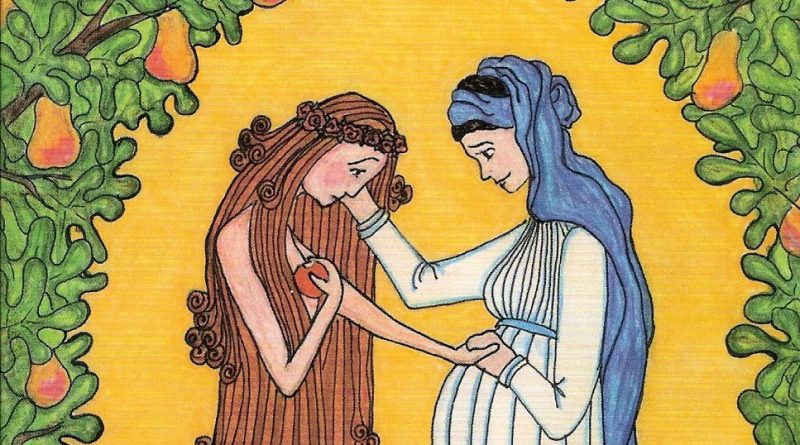
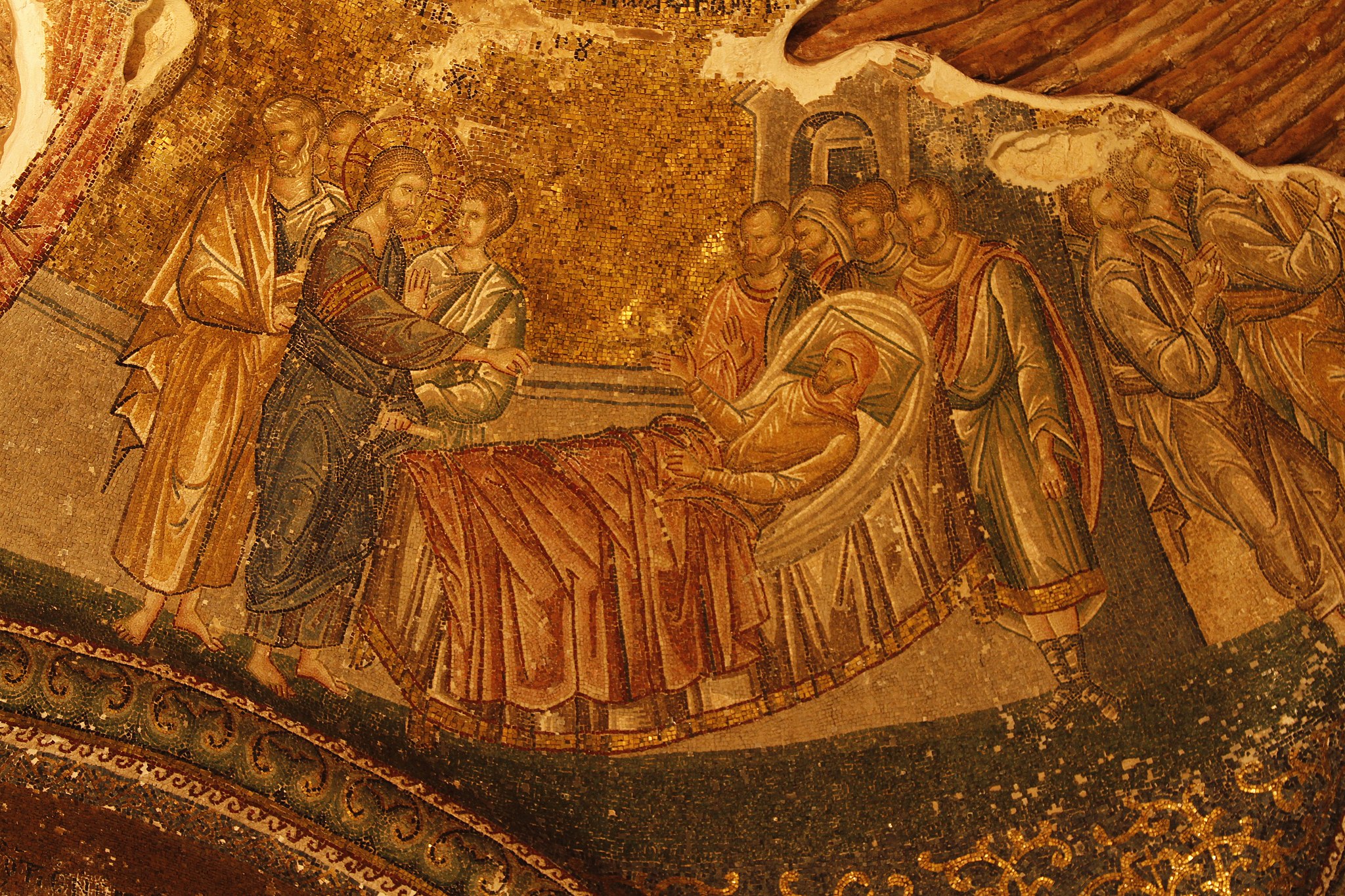
 Kathryn James Hermes, FSP, is the author of the newly released title
Kathryn James Hermes, FSP, is the author of the newly released title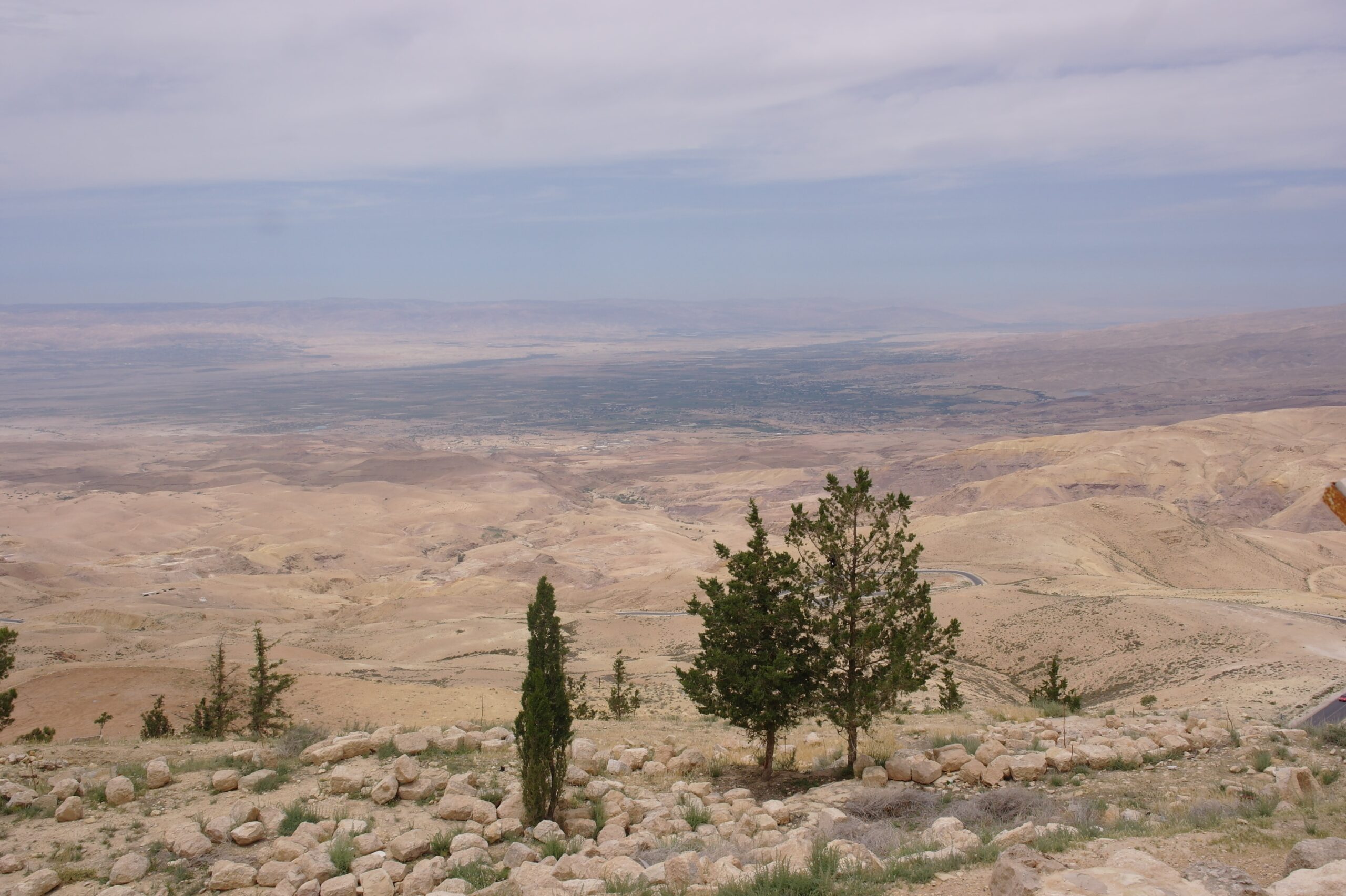
 Kathryn Mulderink, MA, is married to Robert, Station Manager for Holy Family Radio. Together they have seven children (including newly ordained Father Rob and seminarian Luke ;-), and two grandchildren. She is a Secular Discalced Carmelite and has published five books and many articles. Over the last 25 years, she has worked as a teacher, headmistress, catechist, Pastoral Associate, and DRE. Currently, she serves the Church as a writer and voice talent for Catholic Radio, by publishing and speaking, and by collaborating with the diocesan Office of Catechesis, various parishes, and other ministries to lead others to encounter Christ and engage their faith. Her website is
Kathryn Mulderink, MA, is married to Robert, Station Manager for Holy Family Radio. Together they have seven children (including newly ordained Father Rob and seminarian Luke ;-), and two grandchildren. She is a Secular Discalced Carmelite and has published five books and many articles. Over the last 25 years, she has worked as a teacher, headmistress, catechist, Pastoral Associate, and DRE. Currently, she serves the Church as a writer and voice talent for Catholic Radio, by publishing and speaking, and by collaborating with the diocesan Office of Catechesis, various parishes, and other ministries to lead others to encounter Christ and engage their faith. Her website is 
 Dakota currently lives in Denver, CO and teaches English Language Development and Spanish to high schoolers. She is married to the love of her life, Ralph. In her spare time, she reads, goes to breweries, and watches baseball. Dakota’s favorite saints are St. John Paul II (how could it not be?) and St. José Luis Sánchez del Río. She is passionate about her faith and considers herself blessed at any opportunity to share that faith with others. Check out more of her writing at
Dakota currently lives in Denver, CO and teaches English Language Development and Spanish to high schoolers. She is married to the love of her life, Ralph. In her spare time, she reads, goes to breweries, and watches baseball. Dakota’s favorite saints are St. John Paul II (how could it not be?) and St. José Luis Sánchez del Río. She is passionate about her faith and considers herself blessed at any opportunity to share that faith with others. Check out more of her writing at 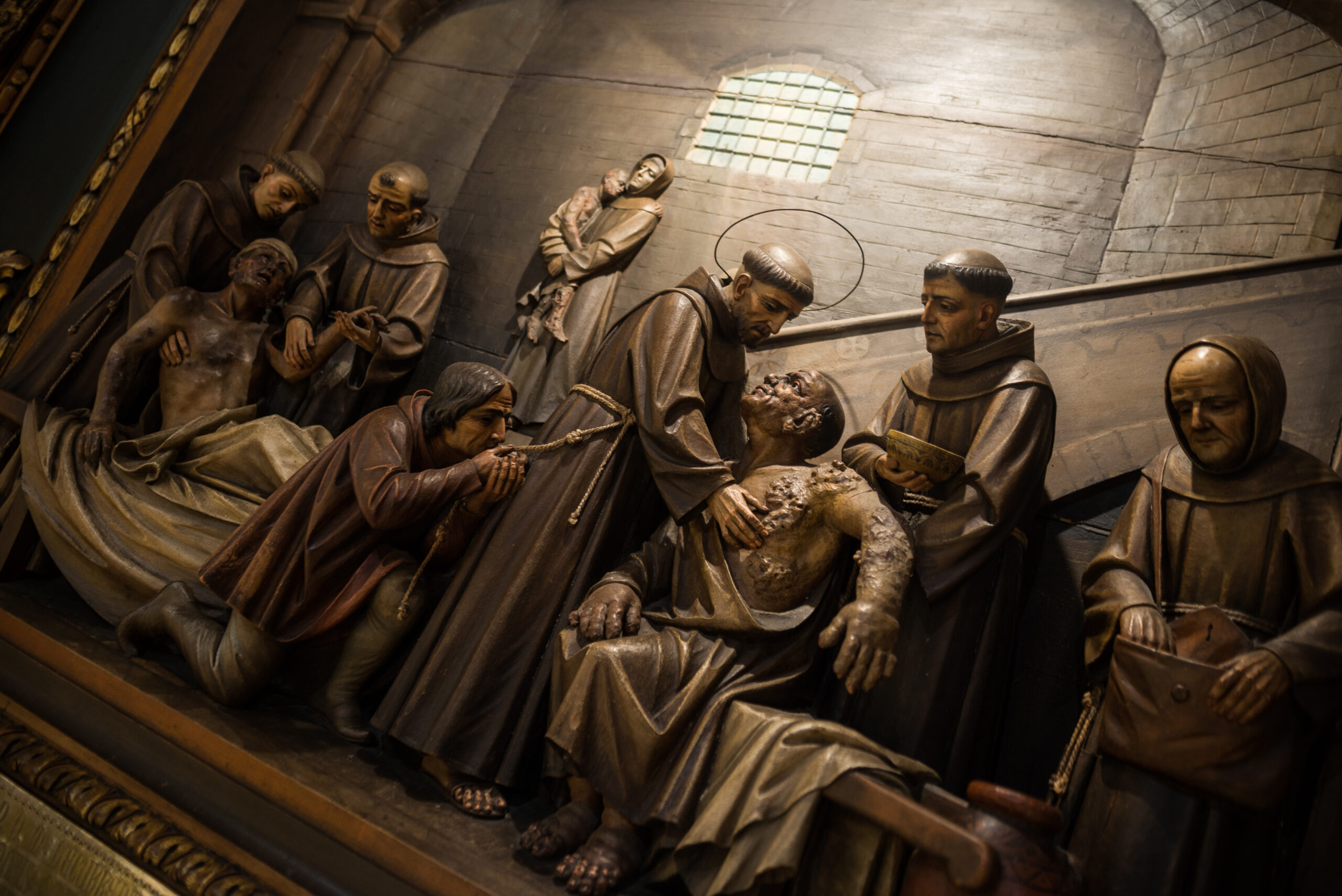
 Tommy Shultz is the Founder/Director of Rodzinka Ministry and the Director of Faith Formation for the North Allegan Catholic Collaborative. In these roles, he is committed to bringing all those he meets into a deeper relationship with Christ. Tommy has a heart and flair for inspiring people to live their faith every day. He has worked in various youth ministry, adult ministry, and diocesan roles. He has been a featured speaker at retreats and events across the country. With a degree in Theology from Franciscan University, Tommy hopes to use his knowledge to help all people understand the beauty of The Faith. Contact Tommy at
Tommy Shultz is the Founder/Director of Rodzinka Ministry and the Director of Faith Formation for the North Allegan Catholic Collaborative. In these roles, he is committed to bringing all those he meets into a deeper relationship with Christ. Tommy has a heart and flair for inspiring people to live their faith every day. He has worked in various youth ministry, adult ministry, and diocesan roles. He has been a featured speaker at retreats and events across the country. With a degree in Theology from Franciscan University, Tommy hopes to use his knowledge to help all people understand the beauty of The Faith. Contact Tommy at 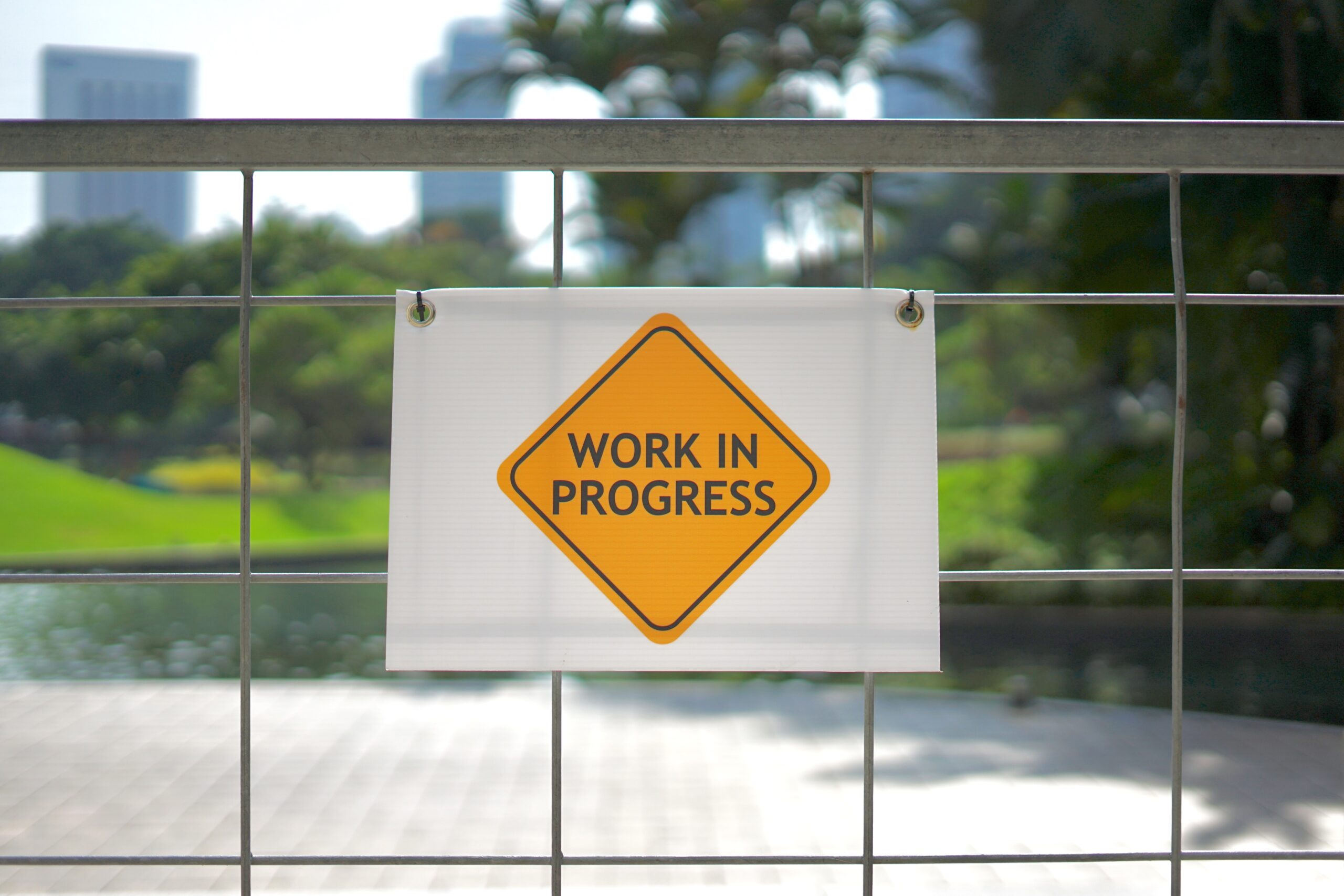
 Perpetua Phelps is a high school student residing in West Michigan and is the second of four children. Apart from homeschooling, Perpetua enjoys volunteering at her church, attending retreats, studying Latin and French, and reading classics such as Beowulf, The Lord of the Rings, C.S. Lewis’ Space Trilogy, and Mark Twain’s Joan of Arc. She also spends much time writing novels, essays, and poetry for fun and competition. A passionate Tolkien fan, Perpetua is a founding member of a Tolkien podcast.
Perpetua Phelps is a high school student residing in West Michigan and is the second of four children. Apart from homeschooling, Perpetua enjoys volunteering at her church, attending retreats, studying Latin and French, and reading classics such as Beowulf, The Lord of the Rings, C.S. Lewis’ Space Trilogy, and Mark Twain’s Joan of Arc. She also spends much time writing novels, essays, and poetry for fun and competition. A passionate Tolkien fan, Perpetua is a founding member of a Tolkien podcast.
 J.M. Pallas has had a lifelong love of Scriptures. When she is not busy with her vocation as a wife and mother to her “1 Samuel 1” son, or her vocation as a public health educator, you may find her at her parish women’s bible study, affectionately known as “The Bible Chicks.”
J.M. Pallas has had a lifelong love of Scriptures. When she is not busy with her vocation as a wife and mother to her “1 Samuel 1” son, or her vocation as a public health educator, you may find her at her parish women’s bible study, affectionately known as “The Bible Chicks.”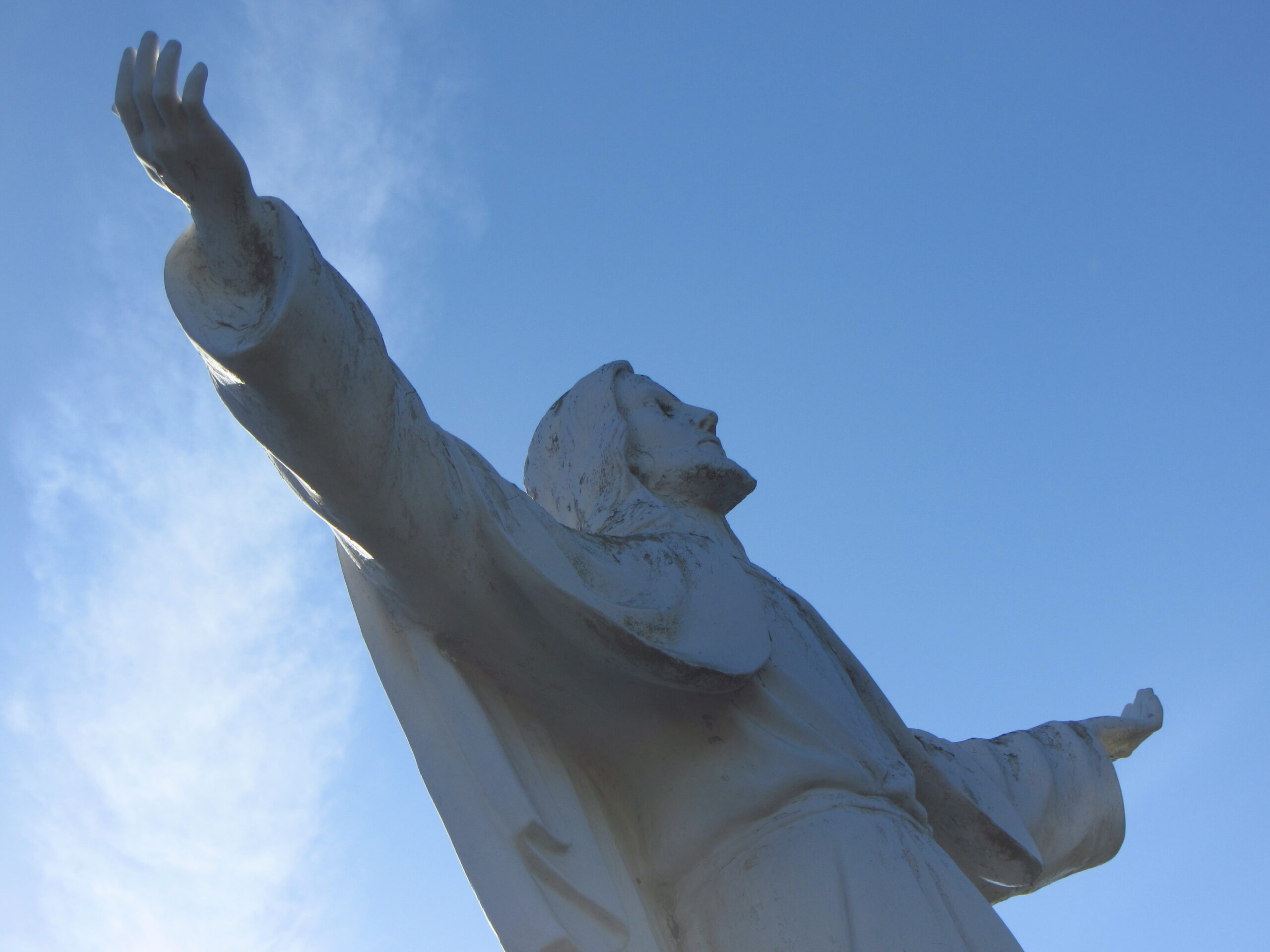
 Emily Jaminet is a Catholic author, speaker, radio personality, wife, and mother of seven children. She earned a bachelor’s degree in mental health and human services from the Franciscan University of Steubenville. She is the co-founder of
Emily Jaminet is a Catholic author, speaker, radio personality, wife, and mother of seven children. She earned a bachelor’s degree in mental health and human services from the Franciscan University of Steubenville. She is the co-founder of 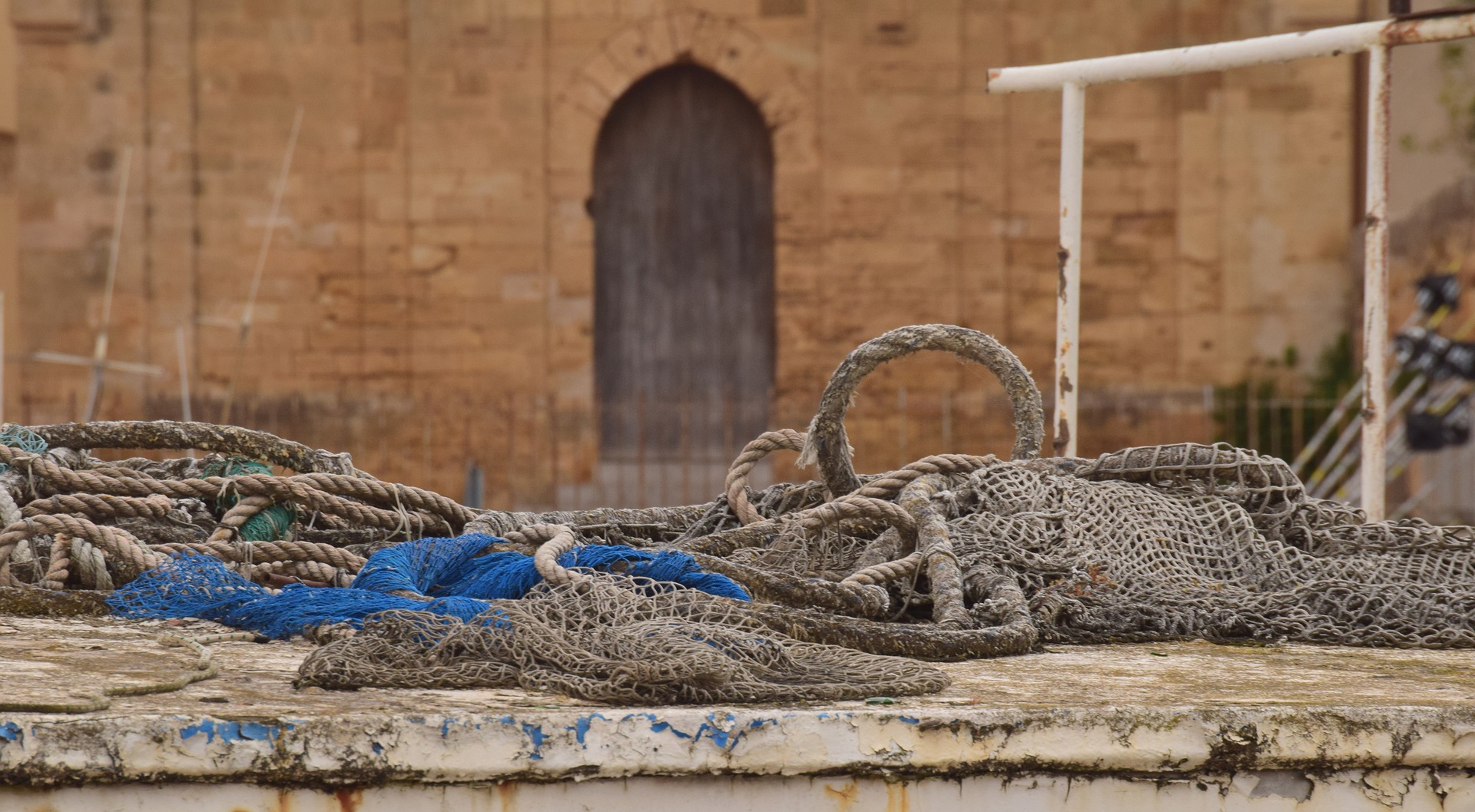
 Kate Taliaferro is an Air Force wife and mother. She is blessed to be able to homeschool, bake bread and fold endless piles of laundry. When not planning a school day, writing a blog post or cooking pasta, Kate can be found curled up with a book or working with some kind of fiber craft. Kate blogs at
Kate Taliaferro is an Air Force wife and mother. She is blessed to be able to homeschool, bake bread and fold endless piles of laundry. When not planning a school day, writing a blog post or cooking pasta, Kate can be found curled up with a book or working with some kind of fiber craft. Kate blogs at 
 Dr. Alexis Dallara-Marsh is a board-certified neurologist who practices in Bergen County, NJ. She is a wife to her best friend, Akeem, and a mother of two little ones on Earth and two others in heaven above.
Dr. Alexis Dallara-Marsh is a board-certified neurologist who practices in Bergen County, NJ. She is a wife to her best friend, Akeem, and a mother of two little ones on Earth and two others in heaven above.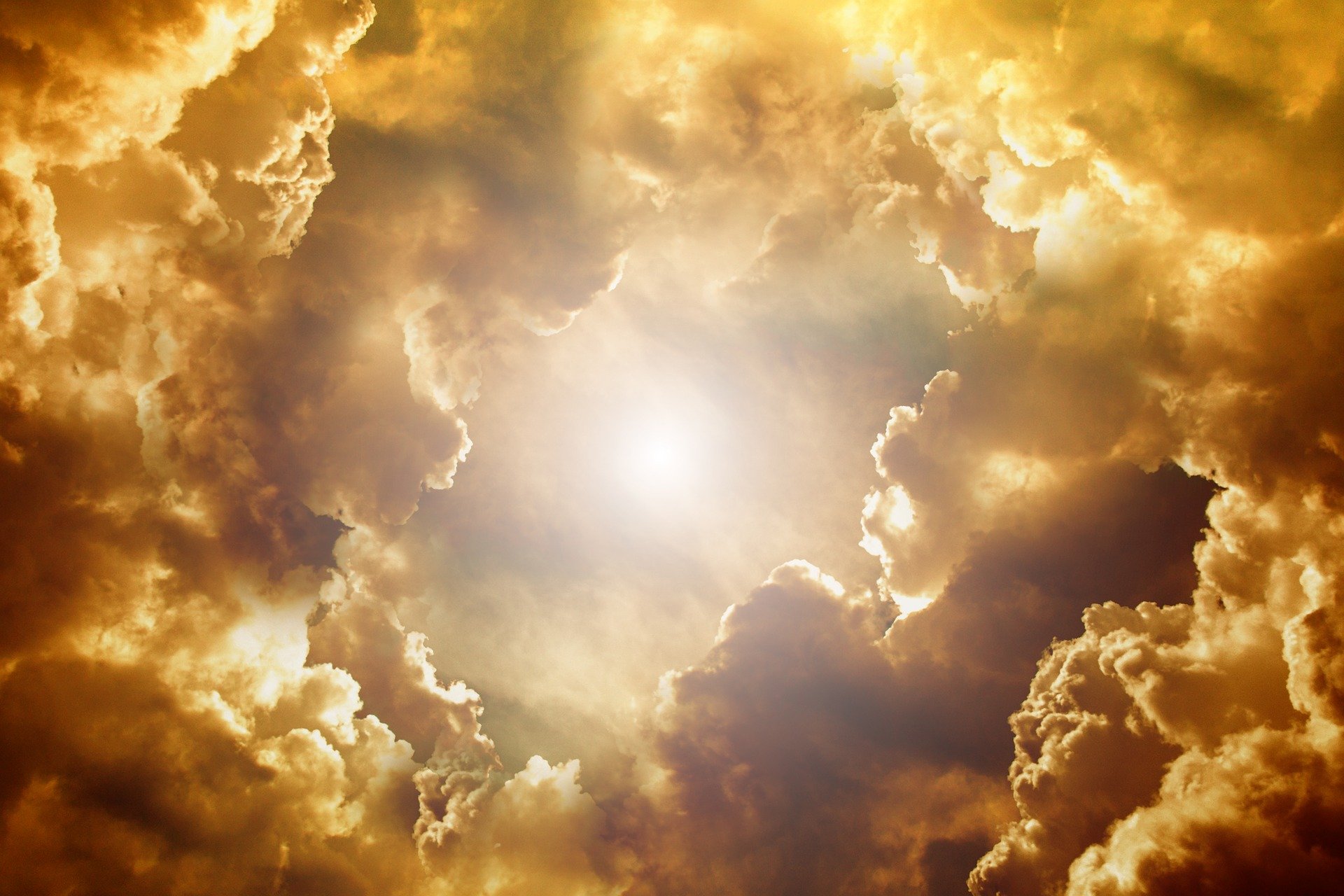
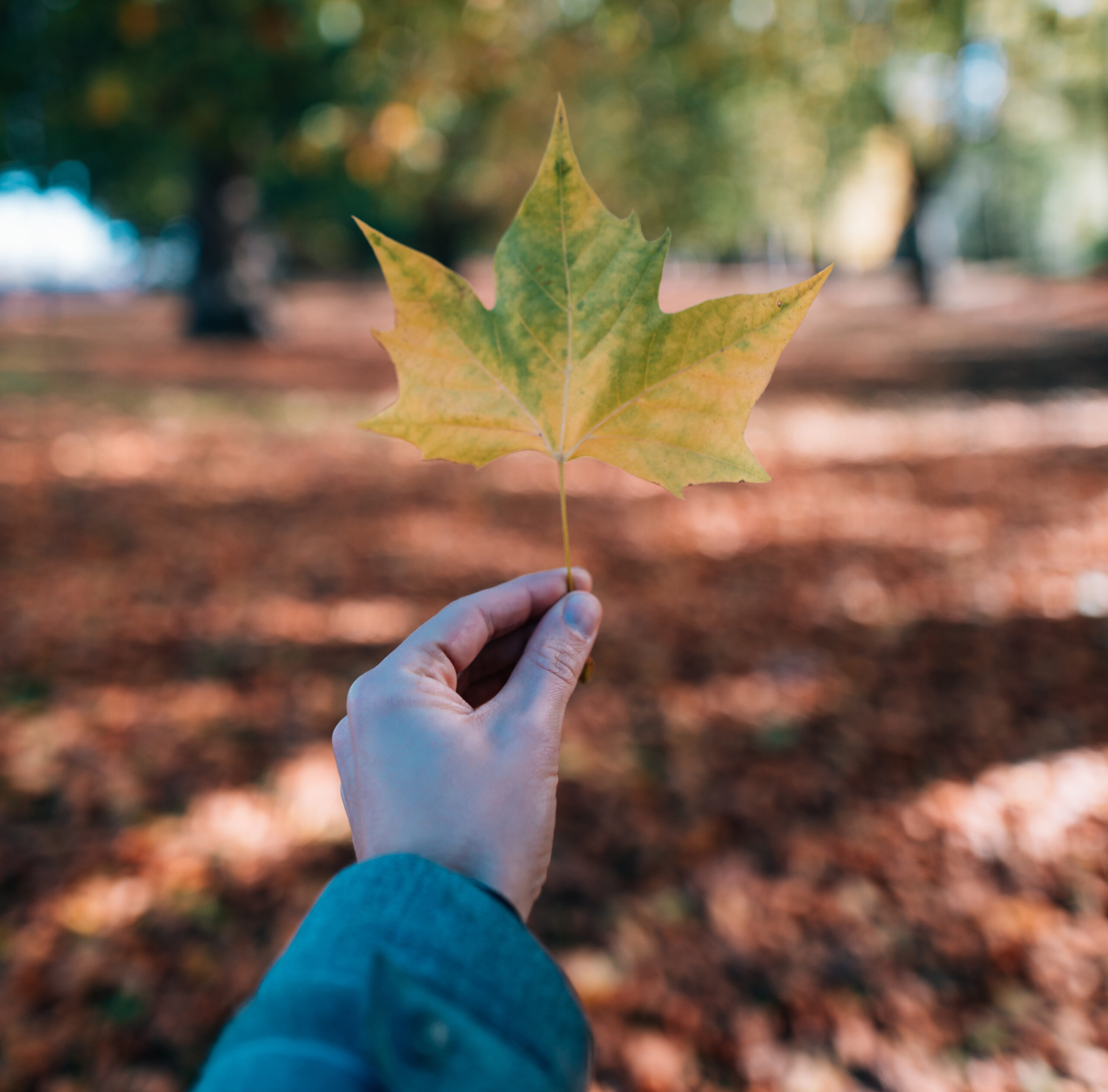
 Beth Price is part of the customer care team at Diocesan. She brings a unique depth of experience to the group due to her time spent in education, parish ministries, sales and the service industry over the last 25 yrs. She is a practicing spiritual director as well as a
Beth Price is part of the customer care team at Diocesan. She brings a unique depth of experience to the group due to her time spent in education, parish ministries, sales and the service industry over the last 25 yrs. She is a practicing spiritual director as well as a 